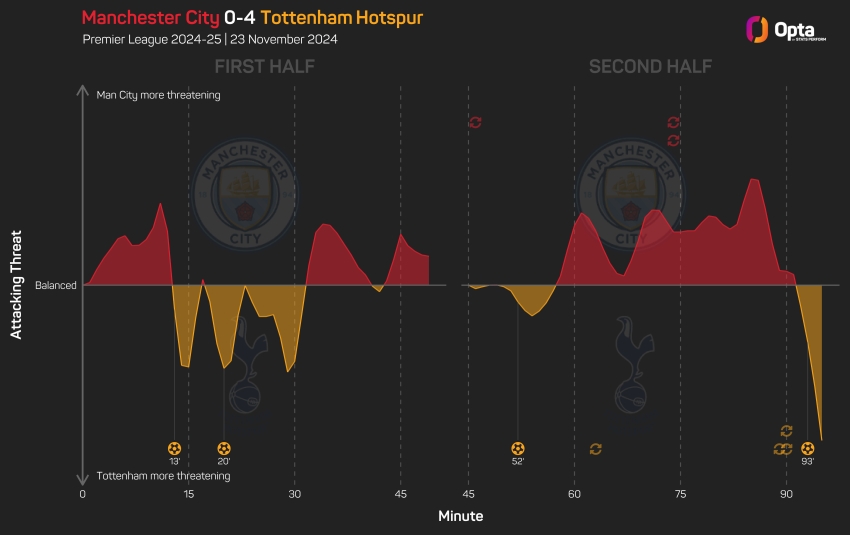A remarkable 23 wickets fell on the first day of the second Test in Cape Town, with South Africa bowled out for just 55 and India succumbing to a shocking collapse of their own.
More wickets have fallen in a single day just four times in the history of Test cricket, with ball dominating bat throughout three breathless sessions that ushered the game towards a rapid conclusion at Newlands.
At stumps South Africa were 62 for three in the second innings, only 36 behind after India had lost their last six wickets for no runs in the space of 11 deliveries. From 153 for four they were rounded up in successive overs by the inspired pairing of Lungi Ngidi and Kagiso Rabada without adding to their total.
Dean Elgar, South Africa’s retiring stand-in captain, suffered the ignominy of ending his international batting career with two dismissals on the same day but at least shared that pain with team-mates Tony de Zorzi and Tristan Stubbs.
Elgar had won the toss and opted to bat in the morning but saw his decision blow up spectacularly as India skittled the hosts for their lowest Test score in 92 years.
Mohammed Siraj did most of the damage with figures of six for 15, with two apiece for Jasprit Bumrah and Mukesh Kumar, the latter without conceding a run, as the innings subsided in less than 24 overs.
India took the lead in just 10 overs after lunch, Rohit Sharma taking the attack to the home seamers with a rapid 39. The tourists were primed to hammer home a big advantage at 105 for two with Shubman Gill (36) and Virat Kohli (46) at the crease, but there was another twist in the tale.
Things took a huge handbrake turn in the 33rd over when Ngidi dismissed KL Rahul, Ravindra Jadeja and Bumrah in a triple-wicket maiden.
Unbelievably, three more fell in the next five deliveries at the other end, Rabada taking care of Kohli and Prasidh Krishna either side of Siraj’s run out.
The third innings of the day got under way in the evening session, Kumar picking up two more and Bumrah adding a third as Aiden Markram’s 36 not out offered some belated resistance from the Proteas.



























